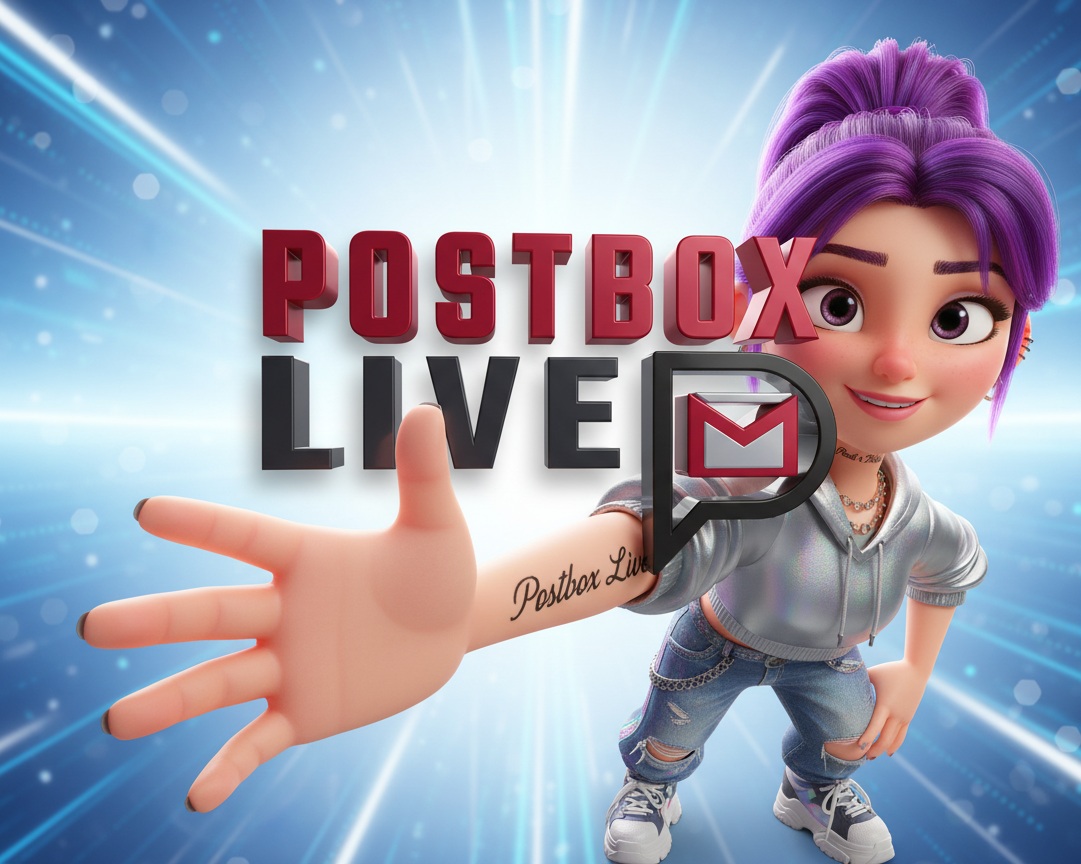Mark Zuckerberg claims individual creators
Zuckerberg’s Controversial View
Mark Zuckerberg claims individual creators overvalue their content and defends using public data to train AI. Discover what this means for content owners, copyright law, and the future of AI.
The Data Behind AI Training
AI models like ChatGPT, Gemini, and LLaMA rely on vast amounts of data. Developers gather this data from books, articles, websites, and other public sources.
However, many artists, writers, and publishers argue that their content has been used without consent. They’ve filed lawsuits to challenge this practice.
Zuckerberg’s Stance: Content Is Replaceable
Zuckerberg suggests that if a creator opts out, it won’t hurt AI performance. “We just wouldn’t use their content,” he told The Verge. According to him, individual exclusions won’t impact the model significantly.
Critics disagree. They say this attitude devalues original work and disrespects creators. Many argue that AI can’t grow responsibly without respecting the people it learns from.
The Fair Use Defense
Tech companies often defend data scraping by citing “fair use.” This U.S. legal doctrine allows limited use of copyrighted material without asking for permission.
OpenAI CEO Sam Altman argued that creators should be glad their work helps train AI. He believes they’ll benefit in the long term.
Microsoft AI CEO Mustafa Suleyman took it further. He claimed any content online is “freeware” and should be usable by default. But this contradicts U.S. copyright law.
Meta’s History With Publishers
Zuckerberg’s views align with Meta’s past actions. In countries like Canada and Australia, new laws demanded payment for shared news links. In response, Meta blocked those news sources.
“We pay for content when it’s valuable to people,” Zuckerberg said. He added that content without user value won’t be paid for. He expects AI models will adopt a similar approach.
This view creates a double standard. Tech giants use content to train AI, but often resist paying its creators.
What This Means for Creators
Zuckerberg’s comments highlight a growing gap between tech companies and creators. Creators believe their work deserves payment. Tech leaders argue that the internet’s scale dilutes individual value.
This conflict affects how people publish online. Some may limit content availability. Others might seek stronger legal protections.
Legal and Regulatory Outlook
Many copyright holders are suing AI companies. These cases will shape future laws around data usage and AI training.
Even Zuckerberg admits that rules must evolve. “All these things are going to need to get relitigated and rediscussed in the AI era,” he said.
Until new laws arrive, companies like Meta will continue testing the limits.
Ethics and Corporate Responsibility
Beyond legality lies a bigger issue: ethics. Using someone’s work without asking then saying it lacks value breaks trust.
Big tech must act responsibly. AI’s success depends on mutual respect between creators and developers.
Zuckerberg’s stance may reflect Silicon Valley norms. But ignoring creators risks long-term damage to trust and innovation.
Conclusion: Who Owns AI’s Intelligence?
Zuckerberg’s message is blunt: once your data is public, you lose control. But creators are pushing back. As AI grows, so will battles over data ownership and compensation.
The future of AI depends on fairness, respect, and collaboration. Creators want their rights protected. Tech companies want freedom to innovate. Bridging that gap is the next big challenge.
#Zuckerberg, #AITraining, #CopyrightInfringement, #ContentCreators, #FairUse, #MetaNewsBan, #OpenAI, #AIDebate, #TechEthics, #AIContentPolicy,

